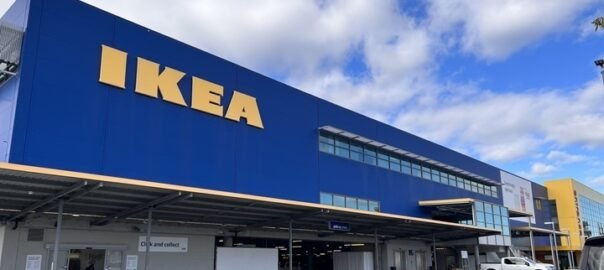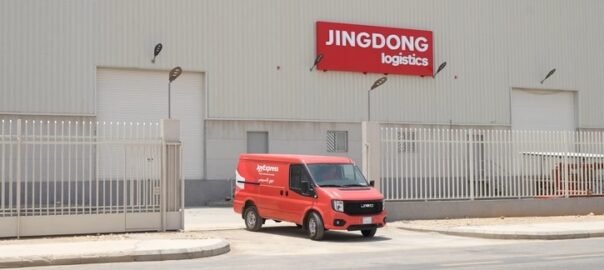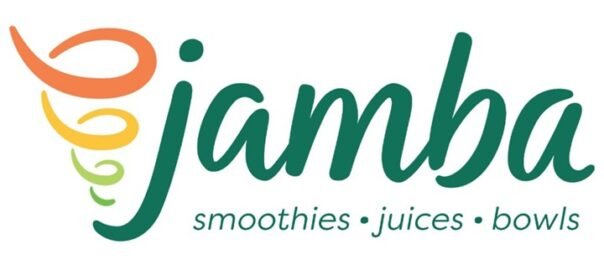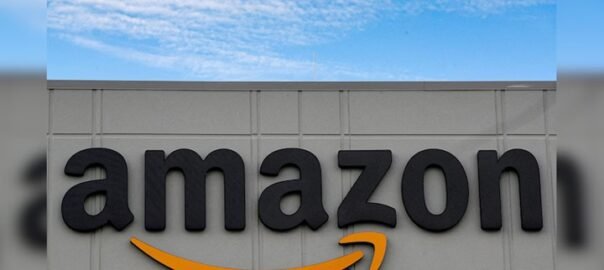ATLANTA — Jamba, one of the seven iconic brands within the GoTo Foods platform company, continues to expand its footprint beyond traditional storefronts through strategic retail partnerships, driven by the Retail Licensing Division at GoTo Foods.
Through these partnerships, Jamba is making smoothie-inspired flavors more accessible to fans across the US and Canada. From grocery aisles to online carts, the innovative Jamba product formats meet rising demand for on-the-go options: making it easier for fans to celebrate their brightest self with Jamba anytime, anywhere.
This growing portfolio now includes drink mixes, frozen smoothie kits, fruit snacks, and direct-to-consumer smoothie boxes – each designed to meet consumers where they are and offer the vibrant flavors Jamba is known for.
Jamba Singles to Go! Drink Mix Sticks
Launched in partnership with The Jel Sert Company, these individually wrapped drink mix sticks allow consumers to enjoy Jamba on-the-go. Available in 3 Jamba-inspired flavors, Razzmatazz®, Mango-a-Go-Go®, and Strawberries Wild®, the low-calorie packets offer 3g of energy, essential vitamins, and convenience in every sip.
Jamba At Home Smoothie Kits
Jamba At Home Smoothies will soon offer a ready-to-blend solution for fans craving their favorite flavors at home. Each kit will feature pre-packed frozen fruit and new BOOSTED cubes containing functional benefits like protein, vitamins, minerals and antioxidants. With 9-13g of protein per pack in iconic Jamba flavors like Orange Dream Machine®, Strawberries Wild®, and Razzmatazz®, these convenient, easy-to-make kits offer a quick delicious way to power your day, ideal for breakfast, post-workout, or any time in between.
Jamba Fruit Flavored Snacks
A few aisles down, Jamba Fruit Snacks transform smoothie-inspired flavors into chewy, melt-in-your-mouth gummies. Available in Mango-a-Go-Go™ and Strawberry Surf Rider™, these vibrant treats offer a new way to enjoy the bold, fruity taste of Jamba – no blender required. Available at grocery stores nationwide.
Direct-to-Door Smoothie Innovation with Jamba x Revive Superfoods Smoothie Boxes
Continuing their successful partnership, Jamba and Revive Superfoods have expanded their co-branded smoothie line with two new offerings: Raspberry Lychee and Banana Mocha. These join Tropical Strawberry and Apple Matcha to round out a four-flavor lineup of ready-to-blend, no-sugar-added smoothies delivered straight to the homes of consumers. Jamba fans now have the option to order individual, ready-to-blend smoothie cups or select the one-click Jamba box featuring the complete Jamba x Revive flavor lineup.
All Jamba x Revive offerings are portioned for convenience and optimized for nutritious, flavorful enjoyment at home.
“We’re always looking for exciting, meaningful ways to grow our brands and a multi-channel approach is a powerful strategy,” said Dave Mikita, President of International and Retail Channels at GoTo Foods. “We’re meeting our fans where they are and making it easier than ever to enjoy Jamba, wherever life takes them.”
With these innovations, Jamba is rapidly redefining how and where fans engage with the brand, bringing the smoothie shop experience to grocery aisles, freezers, pantries, and doorsteps nationwide.
About Jamba®
Founded in 1990, Jamba is a leading global lifestyle brand that specializes in serving freshly blended fruit and vegetable smoothies, made-to-order bowls, fresh-squeezed juices and shots, as well as boosts and bites for those on the go. As of March 30, 2025, Jamba had over 770 locations across 34 U.S. states, along with presence in South Korea, the Philippines, Taiwan, Singapore, Australia, Guatemala and Saudi Arabia.
About GoTo Foods
Atlanta-based platform company GoTo Foods LLC (formerly known as Focus Brands) is a leading developer of global multi-channel foodservice brands. As of March 30, 2025, GoTo Foods, through its affiliate brands, is the franchisor and operator of over 6,900 restaurants, cafes, ice cream shoppes and bakeries in all 50 states and over 65 countries and territories under the Auntie Anne’s®, Carvel®, Cinnabon®, Jamba®, Moe’s Southwest Grill®, McAlister’s Deli® and Schlotzsky’s® brand names, as well as the Seattle’s Best Coffee® brand on certain military bases and in certain international markets. The iconic GoTo Foods brands benefit from strong enterprise growth engines, including marketing, digital, technology and franchise sales & development to propel growth and brand performance.
GoTo Foods is proud to be Certified™ by Great Place To Work®, the most definitive “employer-of-choice” recognition, and the only recognition based entirely on what employees report about their workplace experience for the second consecutive year.
News Credits- Perishable News. com










